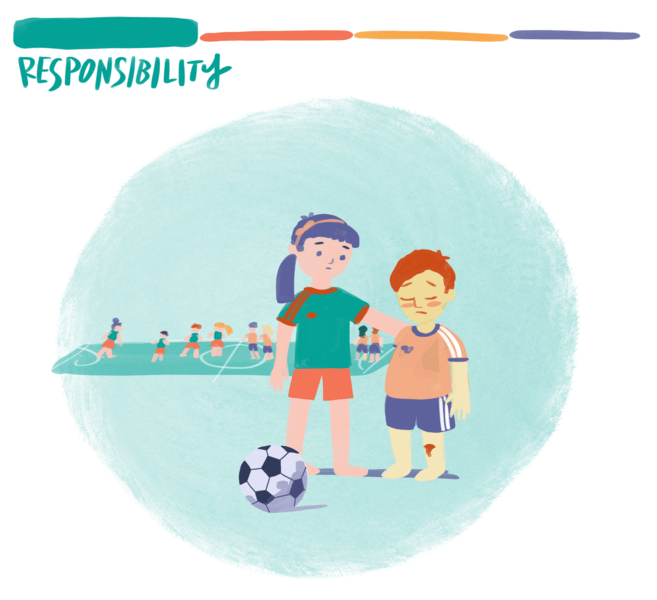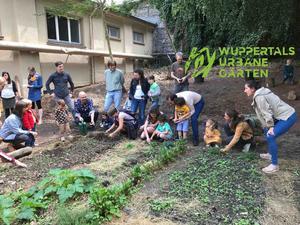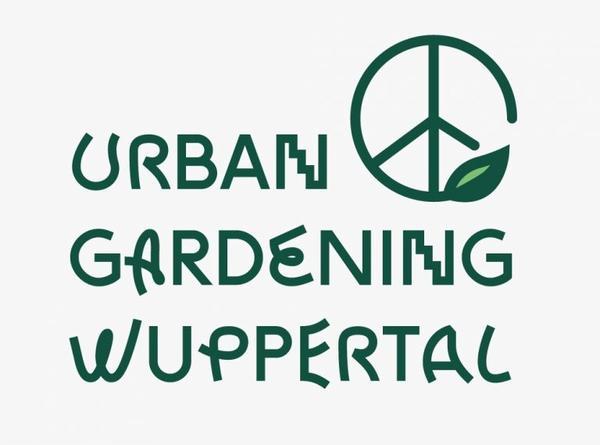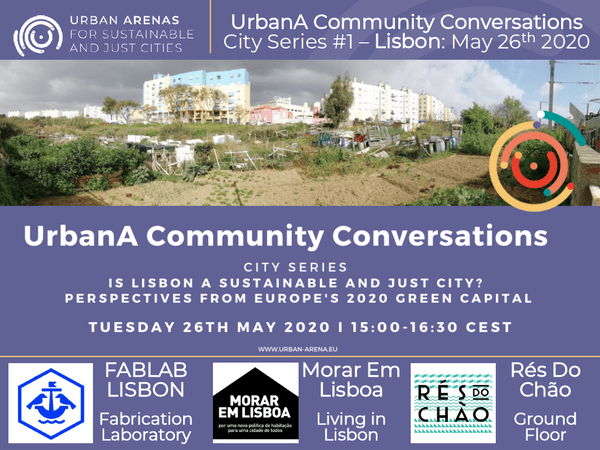
City-makers take responsibility and are held accountable
#Responsibility
In creating sustainable and just cities, everyone has a role to play, as well as the responsibility to speak out and act upon current injustices and unsustainable practices, even if individual actions must ultimately be connected to systemic efforts. As such, responsibility is shared by all actors – to the best of their varying capabilities – in a city and beyond its boundaries. Local authorities recognise the significant contribution that community-led initiatives make to achieving the city’s sustainability and justice goals, without co-opting them. Local authorities also protect all citizens from exposure to pollution and climate risks. They recognize citizens’ claims of harm and assist victims of pollution. In short, in the quest for a sustainable and just city, city-makers are aware of and are committed to their responsibilities, while keeping an eye to broader systems change.
Inspirational example
Peace Garden, Wuppertal
The Peace Garden Wuppertal (Germany) was initiated in 2020 and is a place where all people in Wuppertal are welcome to grow, eat and share healthy food and enjoy nature.
Access to an affordable, acceptable and healthy diet throughout one's life are central premises of the initiative. Addressing food poverty and health inequities is part of the collective work that was foundational to the garden. Using peace-building methods leads to collaborative and inclusive solutions and contributes to a shared responsibility and sense of stewardship for urban life, particularly in the garden. The garden is an example of hands-on responsibility as a vehicle for change and enhanced well-being.

Avenues for action
You might be wondering, what everyday actions can I take to put all this theory into practice? Take a look at the avenues for action, below, for some practical guidance.





